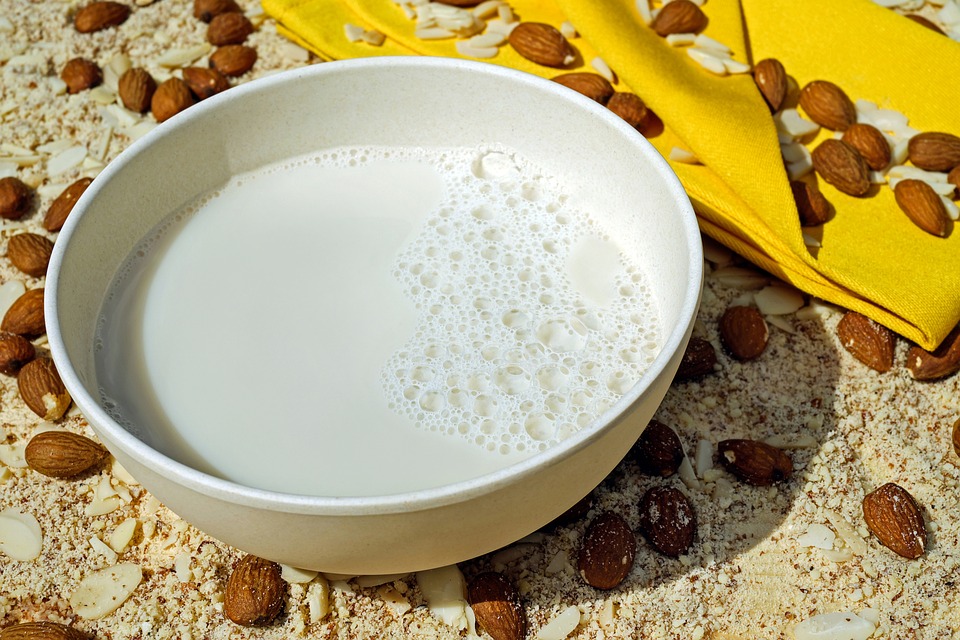Probiotics have gained immense popularity in recent years for their potential health benefits. These live microorganisms, often referred to as “friendly bacteria,” are known to provide numerous health benefits when consumed regularly. From improving digestion to boosting the immune system, probiotics have the power to positively impact your overall well-being in remarkable ways.
But what exactly are probiotics? They are bacteria and yeasts that are naturally found in our bodies, as well as in certain foods and supplements. These organisms are known to have a symbiotic relationship with our gut, aiding in breaking down food, absorbing nutrients, and supporting our immune system.
The human gut is home to a diverse community of microorganisms, collectively known as the gut microbiota. It plays a crucial role in maintaining our health, from regulating metabolism to enhancing our mood. However, various factors, such as poor diet, stress, antibiotics, and the use of antibacterial products, can disrupt the delicate balance of the gut microbiota, leading to various health issues.
By introducing probiotics into our system, we can restore this balance and enhance our overall well-being. Probiotics work by inhibiting the growth of harmful bacteria, reducing inflammation, and assisting in nutrient absorption. They also produce various compounds that support our immune system and aid in digestion.
One of the most well-known benefits of probiotics is their ability to improve digestion. They help regulate bowel movements, prevent constipation, and reduce symptoms of irritable bowel syndrome (IBS). People with lactose intolerance can also benefit from consuming probiotics, as some strains can break down lactose and make it easier to digest.
Furthermore, probiotics have been shown to boost the immune system by increasing the production of antibodies, enhancing the activity of immune cells, and reducing the risk of respiratory tract infections. They have also shown promise in reducing the duration and severity of common colds and flu-like illnesses.
Beyond digestion and immunity, studies have suggested that probiotics can positively impact mental health. The gut-brain connection is an emerging field of research, and recent studies have shown that the gut microbiota can influence mood and cognitive function. Probiotics may help alleviate symptoms of anxiety, depression, and stress by producing neurotransmitters that regulate mood and reducing inflammation in the brain.
Choosing the right probiotics is essential to reap the full benefits. There are numerous strains of friendly bacteria, and each strain may have different effects on the body. Lactobacillus and Bifidobacterium are among the most common strains found in probiotic supplements and fermented foods like yogurt and kefir.
Probiotics are generally safe for most people to consume. However, individuals with compromised immune systems, critical illnesses, or those undergoing intensive medical treatments should consult their healthcare provider before starting probiotic supplementation.
To incorporate probiotics into your daily routine, consider adding fermented foods like sauerkraut, kimchi, and tempeh to your diet. Yogurt is another excellent source of probiotics, but make sure to choose plain and unsweetened variants to avoid added sugars. If supplementation is preferred, there are a wide variety of probiotic supplements available in the market.
In conclusion, the power of probiotics should not be underestimated. These tiny organisms have the potential to promote digestive health, bolster the immune system, and even uplift our mood. By nourishing our gut microbiota, we empower our bodies to function at their best. So, why not give probiotics a try and unlock their life-enhancing benefits?


